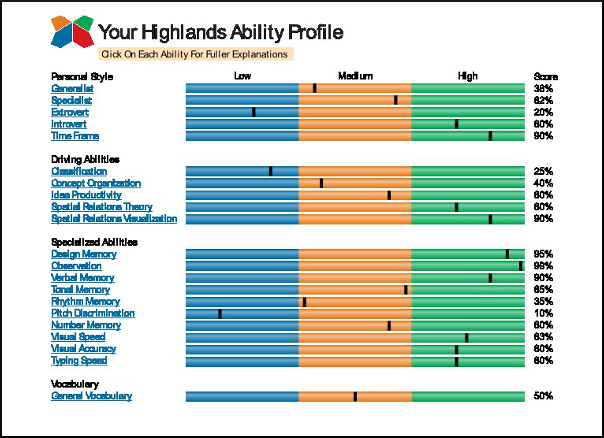
How the Highlands Ability Battery Can Benefit You
November 16, 2017
What Is the Science of Lasting Relationships? | Dr. Azevedo Joins The People’s Pharmacy
December 11, 2017Food is one of our most treasured cultural institutions. It’s a symbol of security, happiness, and prosperity. Our ancestors celebrated the harvest much as we do Thanksgiving, Christmas, Cinco de Mayo, or any other day that’s an excuse to get as full as possible.
Now, imagine not being able to enjoy that like most folks do. Eating disorders affect as many as 8 million Americans, both men and women (though the majority are women.) Eating disorders are also chronic and debilitating; we all overindulge and diet occasionally, but rarely to the point of danger. Today we’ll discuss two prevalent eating disorders, their causes, and how treatment can help.
Underlying Issues
The causes of eating disorders are very complex, but they are often rooted in trauma or another mental illness. For instance, a sufferer’s body image may be poor after repeated verbal abuse by a parent, or tied to feelings of worthlessness from depression. They are also comorbid with body dysmorphia (itself related to OCD,) where a person obsesses over real or imagined physical flaws.
Some research points to genetic causes, though it is important to understand that DNA alone is not responsible; rather, it merely gives a predisposition to developing the disorders.
Anorexia Nervosa
Anorexia nervosa is primarily defined by deliberate starvation. Sufferers will obsess over calorie figures and quantities of food, and may restrict themselves to a very limited range of food.
The symptoms are often (but not always) obvious: thinning bones, extremely low weight, and dry skin. Over time, the disorder can cause infertility and brain damage. It also has a high mortality rate, not only from starvation but from related suicide.
Bulimia Nervosa
While anorexia can be glaringly obvious, bulimia is much easier to hide. Rather than starve themselves, sufferers typically binge eat – often feeling out of control – and then “purge” in some manner. The stereotypical image is of vomiting, but it can also manifest as excessive exercise, fasting, or use of laxatives.
Sufferers tend to maintain a normal body weight; that being said, the effects are still dangerous because of the highly physical nature of purging. Stomach acid can wear tooth enamel, laxative abuse can wreck the intestines, and dehydration can occur from losing fluids.
Because so many eating disorders are rooted in trauma, conditioned behavior or mental illness, psychotherapy can be very beneficial! If you or someone you love needs help coping with disorded eating, contact Azevedo Family Psychology. Together, we can create a life worth celebrating!




